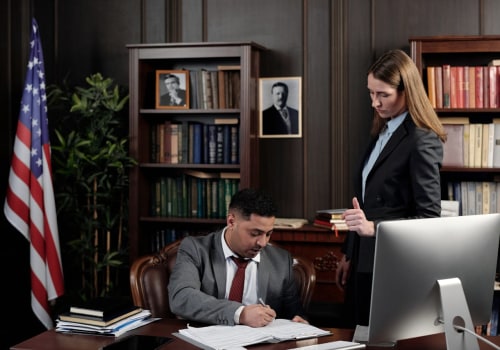If you are injured, call 911 or ask someone else to do so. Check the well-being of your passengers. Notify your insurer and start the claims process. Gather evidence at the scene of the accident while you wait for the police to arrive.
Use your phone's camera to take pictures of the position of vehicles before moving them, car damage, and injuries. Try to take pictures from different angles. If there were any traffic hazards or obstructions on the road, such as vegetation blocking a road sign, that may have contributed to the accident, take them. Once the scene of the accident is cleared, evidence may be lost.
More than 10 million car and light truck crashes occur in the United States. Being involved in an accident, even a minor one, can be a stressful experience, so it's important to know what steps to take next. Exchange contact information and car insurance with other drivers at the scene. This will be vital later if there are any claims related to the accident.
If the other driver doesn't have insurance, make sure you get valid contact information for them. You will want to collect the following information. The first thing to do after a car accident that is not your fault is to make sure that everyone inside your car is safe and free from injury. Then call the police, take pictures of the scene, and exchange insurance information with the at-fault driver so you can file a claim with your insurer.
You should also report the accident to your insurance company in case you need to file a collision claim, personal injury protection, or MedPay with your own policy. With the exception of serious injuries, most common injuries after a car accident don't show up for a while. It's easy to overlook some of these, especially car seats when it comes to ever-increasing medical and repair bills, but all of these should be included in your case as you seek compensation for the accident and the financial losses it caused. Designate a place in your car to keep your registration, proof of insurance card, contact information, and a list of key things to remember at the scene of an accident.
Whether you decide to file a police report or not, you should always report a car accident involving another driver to your insurance company. Unexpected Costs: The costs associated with a car accident go far beyond basic injuries and the cost of repairing the car. Also, make sure your friends have a valid driver's license and car insurance if they use your car. The most important things to do after a car accident are to stay calm, call 911 if someone is injured, and keep everyone away from oncoming traffic.
If you have been injured in a car accident, the best decision you can make is to hire a personal injury attorney. These attorneys are experienced in dealing with insurance companies and know exactly what to do to help you get the compensation you deserve for your injuries. They will work tirelessly on your behalf to make sure you receive the maximum amount of damages. Many people try to handle their own personal injury claims, but this is not advisable. Insurance companies are very tricky and will do everything they can to lowball you on your settlement. An experienced personal injury attorney like the lawyers at The Brown Firm will know how to deal with the insurance companies and get you the full amount of compensation you deserve.
The effects of a car accident are often not obvious at first, and you may end up suffering injuries later that need to be turned over to the insurance provider much later. First, car accidents create a surge of endorphins and adrenaline as your body's fight-or-flight response is triggered. Statute of Limitations: Every state has a statute of limitations, which is a deadline by which you must file a lawsuit in a car accident case. Consult with car accident lawyers in Okatie to make sure you get the compensation you deserve. In addition to the effect of endorphins, the truth is those car accidents tend to lead to soft tissue injuries.
If someone else drives your car and is in an accident, your auto insurance will likely cover any resulting damage. Liability insurance covers injuries and damages that a driver may cause to other people and property if he or she is at fault in a car accident. The insurance coverage available after a car accident largely depends on who was at fault and the type of coverage each driver maintained. If you are not injured and the accident was minor, carefully drive your car to the side of the road so that it does not impede traffic.



